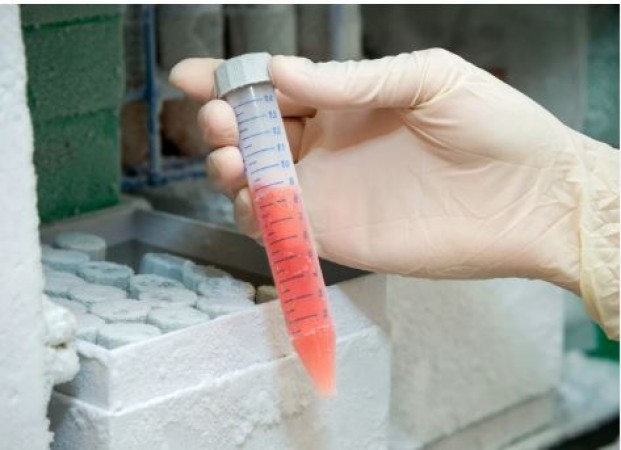
When it comes to hydration, the common adage "drink plenty of water" is often touted as essential advice, particularly during hot weather or physical exertion. However, while staying hydrated is crucial for overall health, there can be such a thing as too much of a good thing. Overhydration, or hyponatremia, is a condition that occurs when there is an imbalance of water and sodium levels in the body.
Understanding Hyponatremia
Hyponatremia is a potentially dangerous condition characterized by low sodium levels in the blood. Sodium plays a crucial role in regulating the body's fluid balance and is essential for nerve and muscle function. When sodium levels become too low, it can disrupt the balance of fluids inside and outside of cells, leading to swelling and potentially life-threatening complications.
Causes of Hyponatremia
Hyponatremia can occur for several reasons, but it is most commonly associated with excessive water intake. Athletes, in particular, may be at risk during endurance events or training sessions where they consume large volumes of water without adequately replacing electrolytes lost through sweat. Other potential causes of hyponatremia include certain medical conditions such as kidney disease, heart failure, or syndrome of inappropriate antidiuretic hormone (SIADH), as well as the use of certain medications.
Symptoms of Hyponatremia
The symptoms of hyponatremia can vary depending on the severity of the condition but may include:
Preventing Hyponatremia
Preventing hyponatremia involves striking a balance between staying adequately hydrated and ensuring electrolyte levels remain within a healthy range. Some tips for preventing hyponatremia include:
Drink Responsibly: While it's important to stay hydrated, avoid excessive water intake, especially during short periods of time.
Replace Electrolytes: During prolonged physical activity or in hot weather, replenish electrolytes lost through sweat by consuming sports drinks or electrolyte tablets.
Monitor Sodium Levels: Individuals with medical conditions that increase the risk of hyponatremia should work closely with their healthcare provider to monitor sodium levels and adjust their fluid intake as needed.
Be Mindful of Medications: Certain medications, such as diuretics or antidepressants, can increase the risk of hyponatremia. Consult with a healthcare professional about any potential risks associated with medication use.
Seeking Medical Attention
If you experience symptoms of hyponatremia, it's essential to seek medical attention promptly. Left untreated, severe hyponatremia can lead to life-threatening complications, including brain swelling and respiratory arrest. Treatment for hyponatremia may involve intravenous fluids, electrolyte replacement, or medications to correct underlying causes.
While staying hydrated is vital for overall health and well-being, it's essential to do so responsibly and be mindful of the risks of overhydration. By understanding the signs, symptoms, and preventive measures for hyponatremia, individuals can enjoy the benefits of proper hydration while minimizing the risk of serious complications.
Parenting Tips: How should a mother-daughter relationship be?
Discover the Optimal Age for Motherhood to Address Challenges Faced by Older Women
How Brotherhood Strengthens Bonds: How to celebrate World Brother's Day 2024